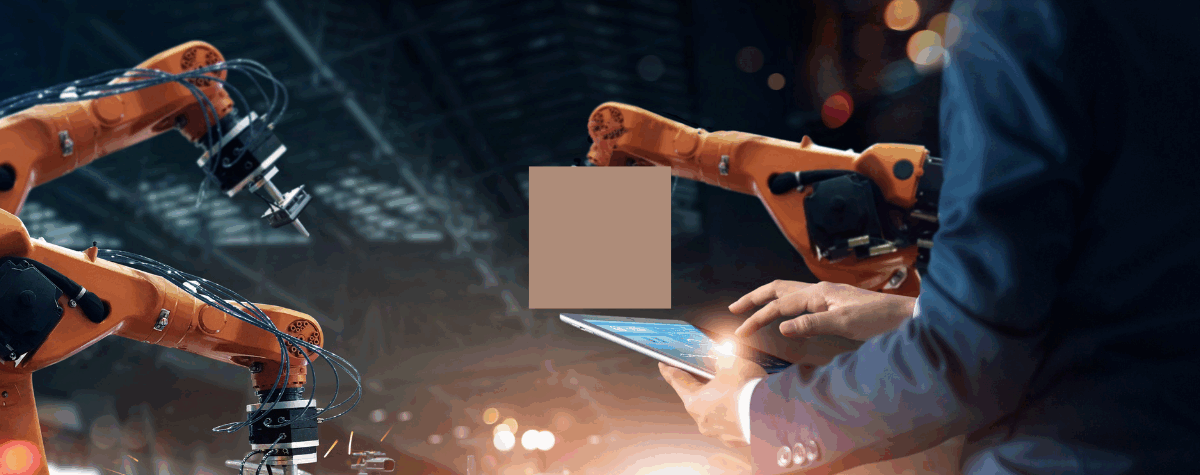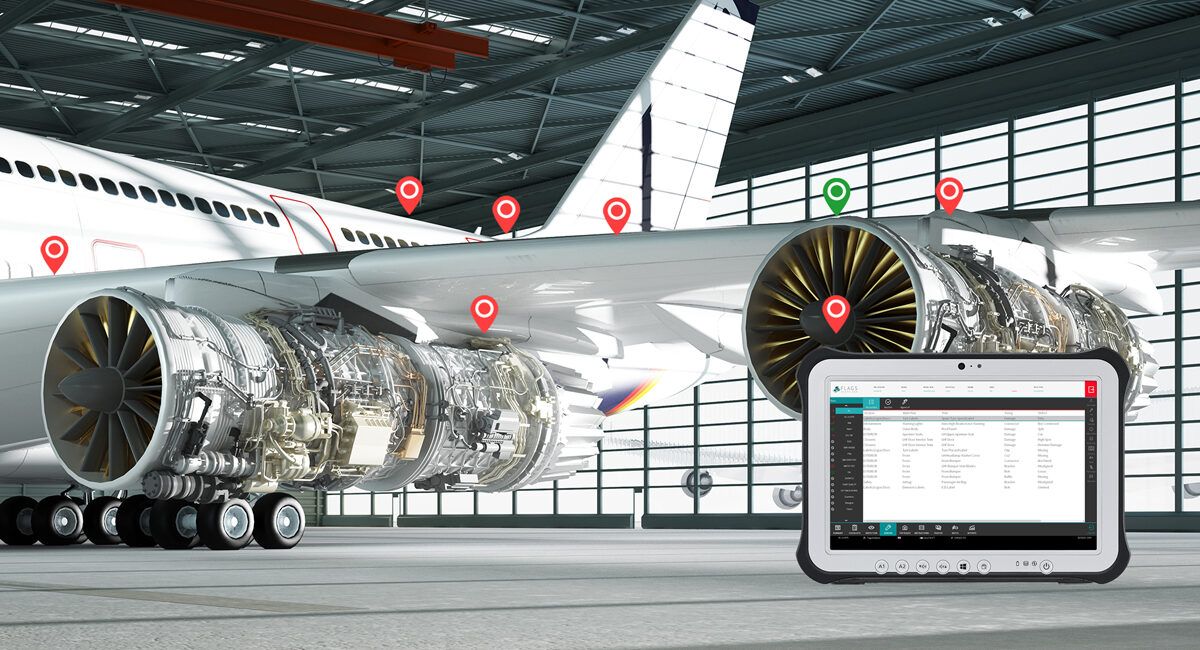When it comes to manufacturing, the pursuit of delivering high-quality products has always been a top priority. Quality control plays an integral role in the production process for any industry, safeguarding brand reputation and preventing faulty products from crossing the finish line.
However, traditional quality control methods, whilst effective, have limits to their potential. Often reliant on humans to spot patterns with issues, this process has its flaws as it lacks the precision and analyses needed to spot trends, patterns and preventative analysis.
This is where smart quality control and artificial intelligence (AI) come in. Smart quality control not only ensures consistent, high-quality products time and time again but streamlines the overall manufacturing processes from the moment a product is designed, straight through to delivery.
The shift to AI-driven quality control
At FLAGS Software, we’ve seen first-hand how AI quality control is revolutionising production in manufacturing.
FLAGS Software is intricately involved in the entire process of data analysis and predictive technology in manufacturing. The data FLAGS Software collects informs AI to analyse and understand the current situation. Subsequently, through algorithms, it begins to forecast and shape future behaviours.
This offers a major leap forward in accuracy. With the application of machine learning algorithms trained on extensive datasets, these systems become adept at detecting the finest details and variations in products. This predictive analysis dramatically increases the accuracy of identifying defects before they happen. This not only speeds up the inspection process but impacts the overall throughput.
Ox Delivers
One such example of this is our work with Coventry University and Ox Delivers. on project CLEAN (Clean Logistics for Emerging African Nations). Ox Delivers aims to bring solar-powered, sustainable vehicles to sub-Saharan Africa
Our digital twin of the OX Truck is a virtual copy of the Ox Truck, and utilises this data to discern patterns and make predictions. These insights can enhance performance or even influence the design. You can find out more about how digital twin technology is improving manufacturing in our blog.
How does AI improve quality control?
Predictive Analysis: preventing problems before they happen
Manufacturers that implement predictive analysis as part of their quality control have a significant edge over their competitors that don’t. AI analyses vast amounts of data sets and can highlight trends and patterns before they become real-world problems. The appropriate recourse and actions can then be taken. This proactive approach not only saves time and resources but also ensures that the end product meets the highest quality standards every single time.
Real-time monitoring and adaptability
AI-powered quality control continuously monitors the data it’s fed in real-time, flagging any issues as they happen. This allows manufacturers to adapt and put corrections in place immediately. This agility ensures that quality control is not just a checkpoint but an integral part of the entire manufacturing process.
Eradicating data silos
Data silos are a huge barrier to operational efficiency and can cause poor collaboration and a lack of communication across all departments. However, AI-powered quality control resolves this challenge by connecting data sources across the business, thus breaking down these silos and enabling a fluid exchange of information. Find out more about how data silos impact quality management.
The result is a streamlined workflow, where decision-makers have a comprehensive view, leading to more informed strategies and superior product quality.
Embracing AI in quality control: a strategic move
When operators integrate AI into their quality control process, they’re making a strategic move to become more competitive, adaptive, and future-proof their operations. It can also improve the following:
- Higher quality products: Consistency and precision lead to products that consistently meet and exceed quality standards.
- Efficiency and cost-reduction: Smart quality control reduces the time and resources spent on manual quality checks, translating to cost savings.
- Enhanced customer satisfaction: Superior quality control means fewer defects and higher customer satisfaction.
- Data-driven decision-making: AI provides valuable insights to inform strategic business decisions.
The integration of AI into quality control in manufacturing is not just a trend; it’s the future. At FLAGS Software, we’re committed to offering solutions that redefine quality standards. Our approach combines cutting-edge technology with user-centric designs, ensuring our clients are equipped to thrive in this new era of manufacturing excellence.
Embracing AI-powered quality control is an investment in the future, a step towards a more efficient, reliable, and successful manufacturing process. Get in touch with FLAGS Software today.






